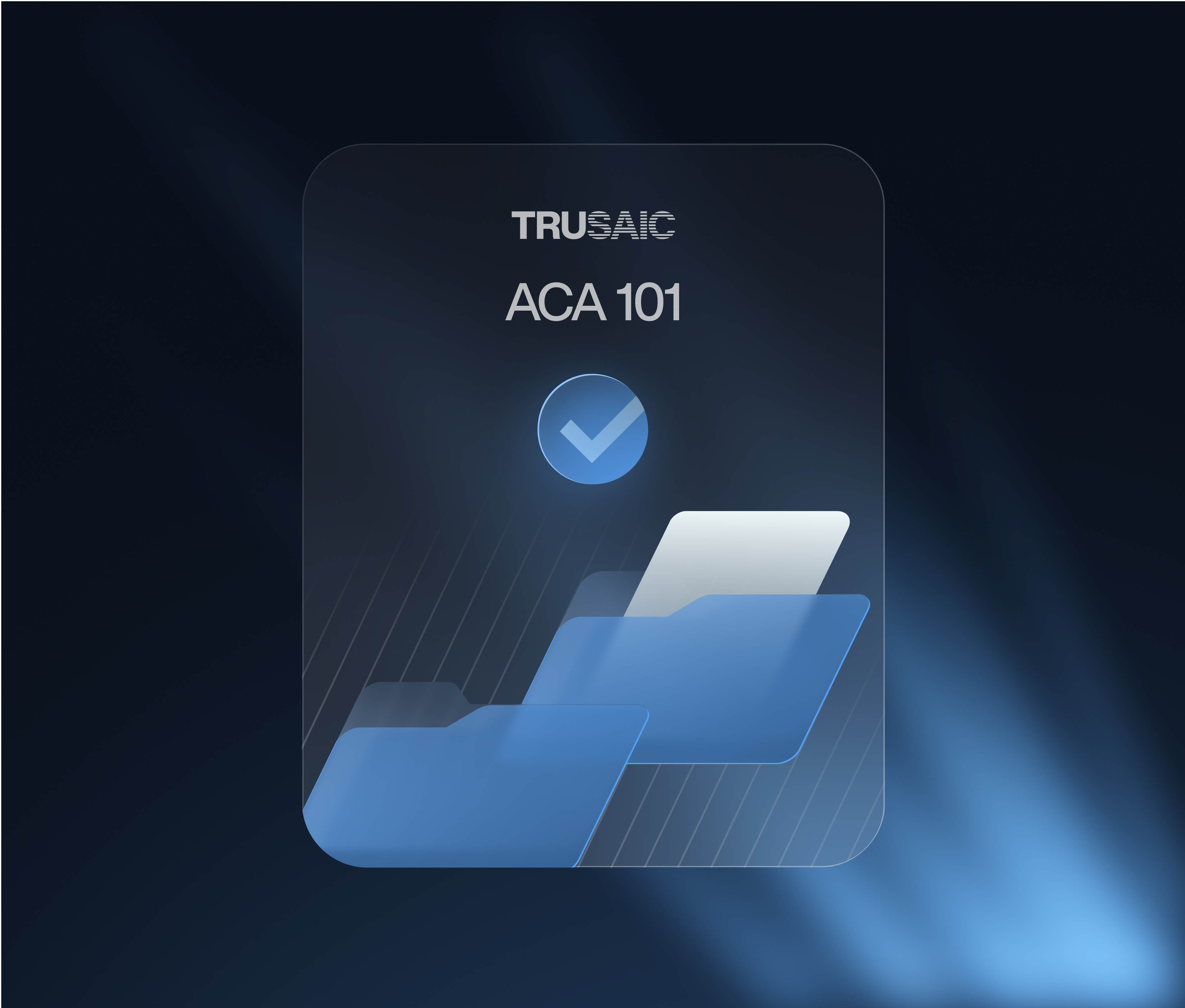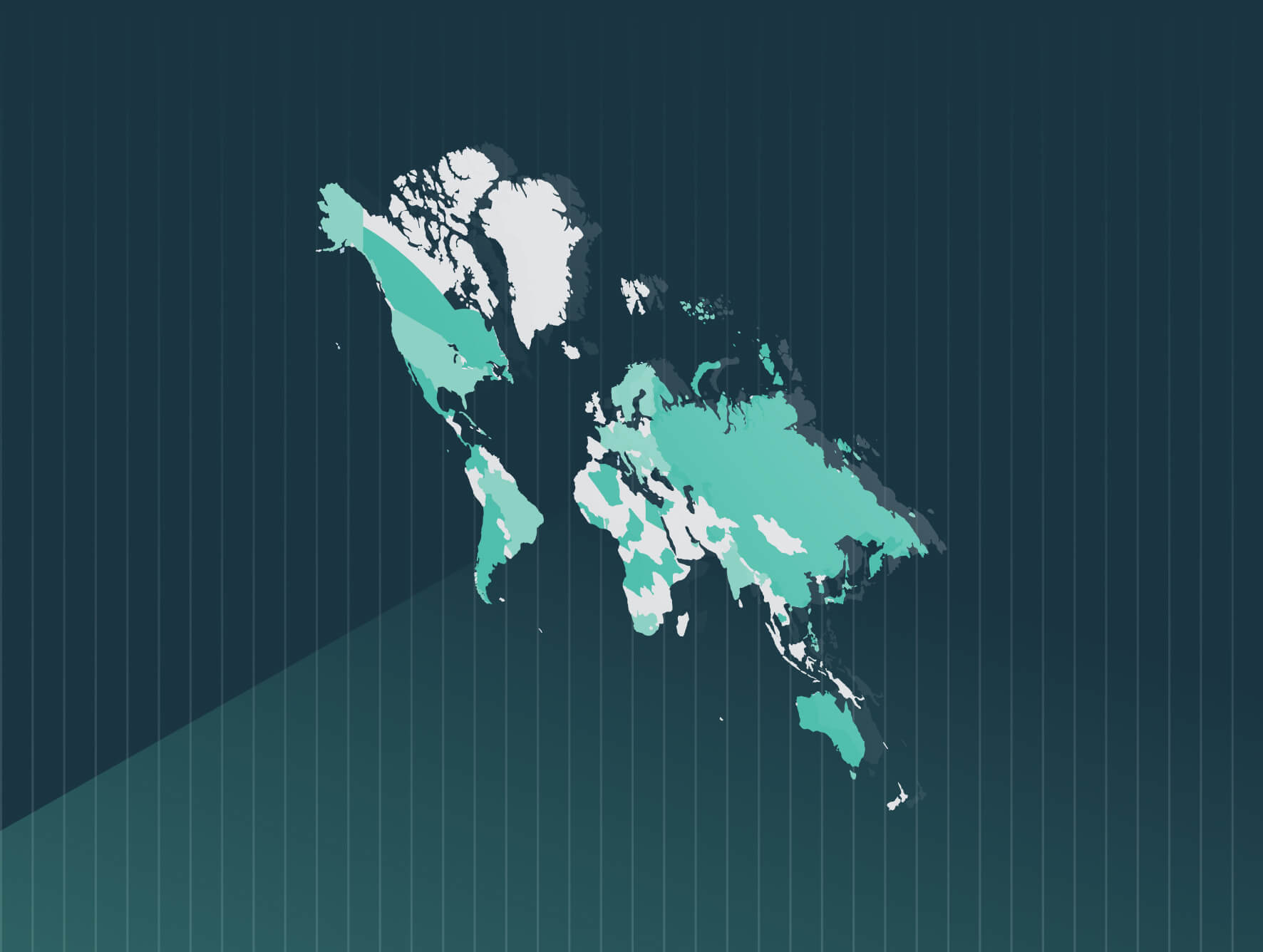It’s no secret that public companies that are ranked highly for their environmental, social, and governance (ESG) efforts are performing well with investors – better, in fact, than those who aren’t. What’s not so well known is that the rankings can be dramatically different depending on who’s providing them.
The Wall Street Journal (WSJ) recently took a closer look at the “ratings and performance of stocks ranked by the three major providers of data on environmental, social and governance criteria.” The three providers they examined are MSCI Inc., an American finance company headquartered in New York City (formerly Morgan Stanley Capital International and MSCI Barra), Refinitiv, a global provider of market data, previously known as Thomson Reuters Financial & Risk; and Sustainalytics, which was launched in 2009 and acquired by Morningstar in April 2020.
According to the WSJ, “Shares of companies considered by Refinitiv to be poor performers on ESG metrics have jumped 26% since the beginning of this year. Companies with top marks rose by 14% during the same period. At Sustainalytics, the top-ranked companies for ESG rose 26% during the same period, beating those with lower ratings. At MSCI, the average companies based on ESG scores were the winners, beating both the laggards and the leaders.”
The WSJ provides an example: “Refinitiv ranked Wells Fargo & Co. in the top 10% of all 917 banking services companies tracked. MSCI gave the bank an average rating and Sustainalytics ranked them poorly.” In any case, “the bank’s stock was one of the best performing of the 494 firms scored by all three raters in the first five months of 2021.”
It’s worth pointing out that MSCI, Refinitiv, and Sustainalytics are by no means the only players providing varied ESG rankings. NatWest writes that “according to the Global Initiative for Sustainability Ratings (GISR), there are well over 100 organizations that produce sustainability research and ratings on companies … [with] many differences in approach, in methodology and in nomenclature, which make ratings difficult to compare.
NatWest continues: “For example, Sustainalytics’ ESG rating is an ‘absolute’ numerical score measuring unmanaged ESG risk, composed of unmanageable ESG risks + manageable but unmanaged risks. As an absolute score, the rating can be compared across companies and industries. … The MSCI rating on the other hand is not absolute: a company’s ESG performance is reflected only relative to an industry or peer set, with a letter range of AAA to CCC, similar to credit ratings, expressing the overall rating.”
The Motley Fool points out that even with this dizzying array of data available, “ESG criteria are applied in different ways since there are no official ESG standards as yet. … Distasteful industries that nonetheless rank well for ESG may make ESG-minded investors feel uncomfortable. For example, a defense company that specializes in missile production but scores high on environmental sustainability, employee diversity and treatment, and corporate governance may technically merit inclusion in an ESG fund even though its stock would be a ‘no-fly zone’ for a traditional SRI [socially responsible investor]. Some ESG investors do screen out entire industries, excluding certain companies no matter how high they rank for ESG.”
Employers should be aware that as more and more investors are turning to companies that demonstrate commitment to ESG issues, the more that government agencies focus on companies’ ESG disclosures. For example, a new alert issued by the Securities and Exchange Commission indicates that more rigor is coming to reporting requirements related to environmental, social, and governance (ESG) investing.
So, as governments and litigators (as well as investors and mutual fund managers) focus more on ESG, it won’t be enough for companies to simply claim they’re ESG-friendly. They’ll need to have metrics in place to prove it, or potentially face serious consequences. One such metric is pay equity, which is strongly interconnected with issues surrounding diversity, equity, inclusion, and access (DEI&A). Companies would do well to leverage external assistance to monitor pay equity on a monthly basis.








